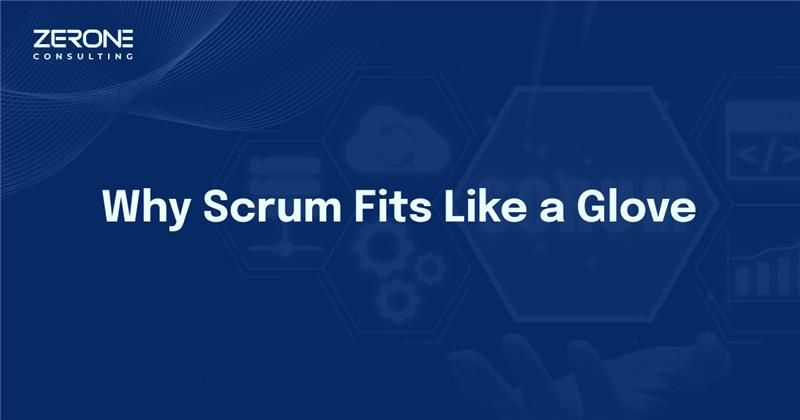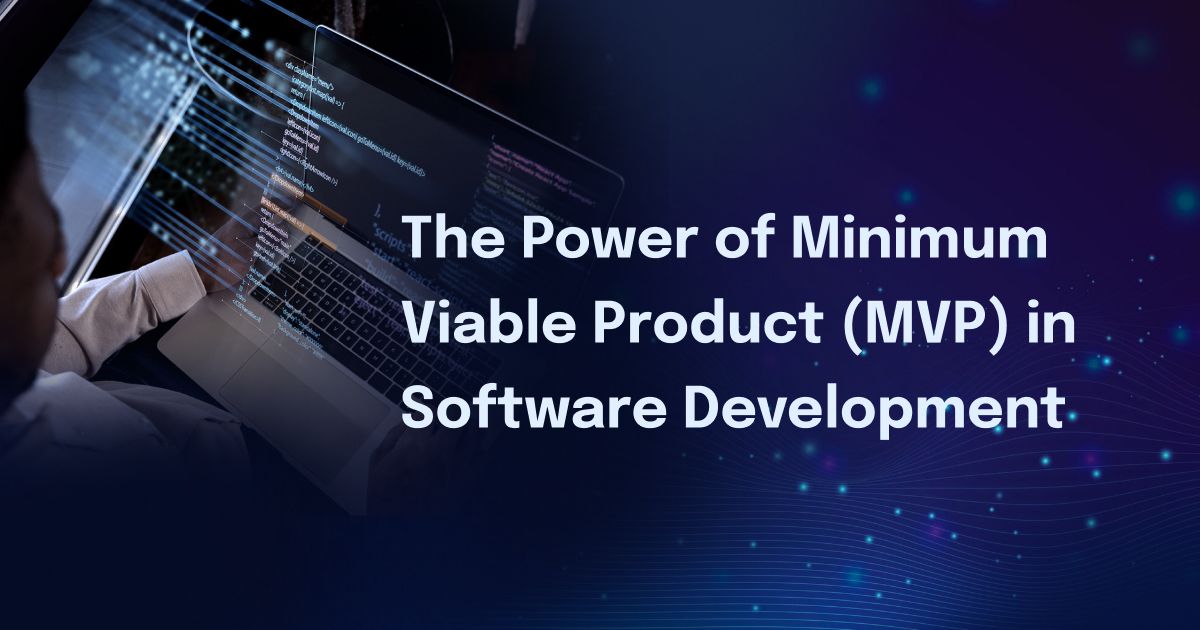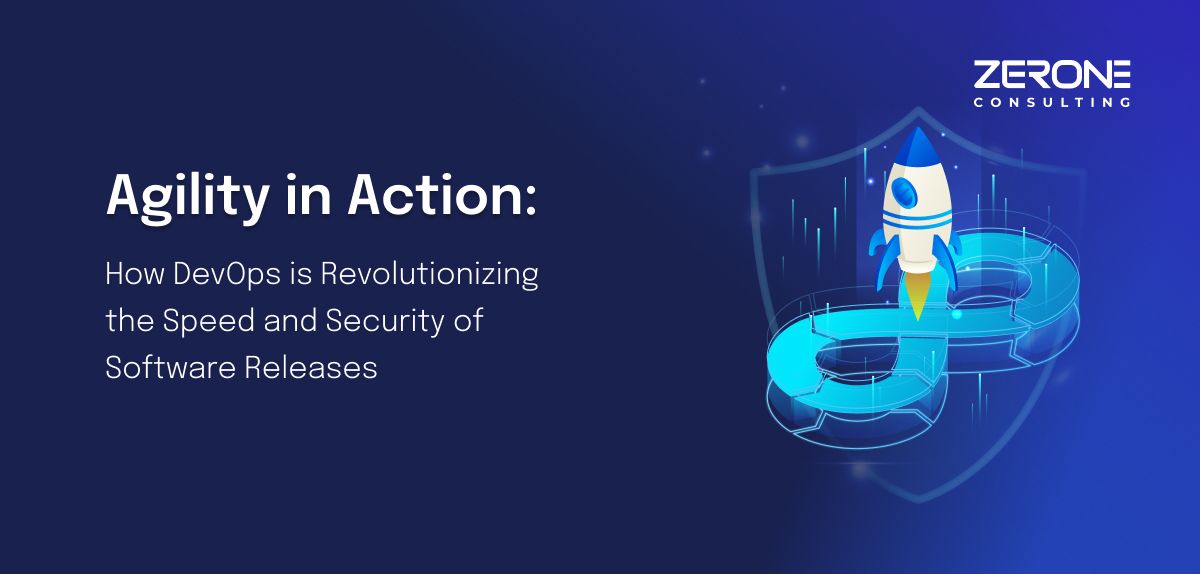Decentralized Autonomous Organizations (DAOs): Redefining Corporate Governance and Operations for a Decentralized Future
Decentralized Autonomous Organizations (DAOs) represent a revolutionary shift in the way we think about corporate governance and operations. By leveraging blockchain technology, DAOs offer a glimpse into a future where organizations operate without centralized control, promising more democratic, transparent, and efficient operational models. This article explores the essence of DAOs, their current impact, and what the future may hold for this innovative organizational structure.
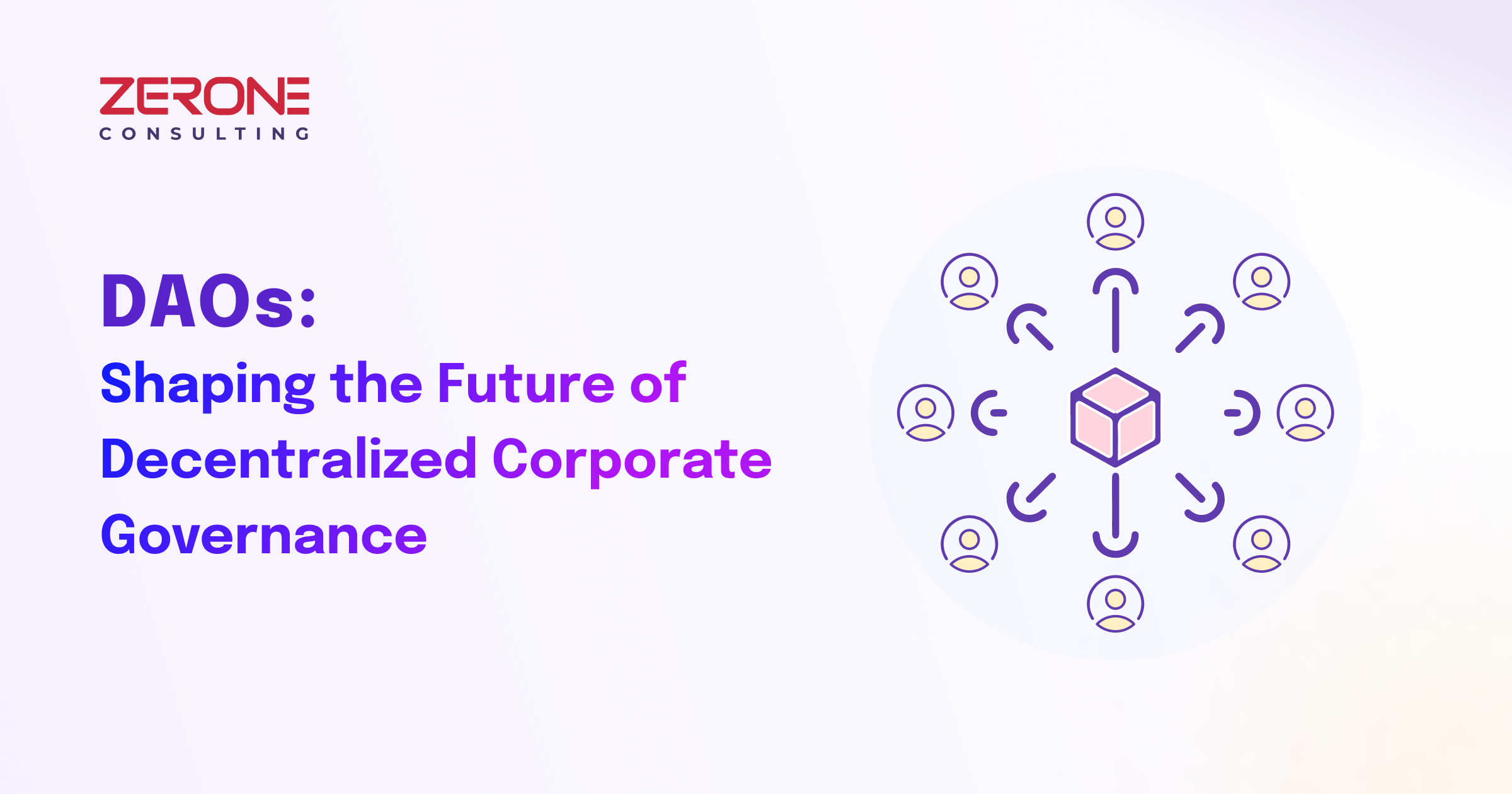
The Essence of DAOs
At their core, DAOs are organizations that are run by code rather than people. They operate on blockchain technology, primarily on the Ethereum network, which allows for the creation of smart contracts. These contracts execute automatically based on predefined rules, eliminating the need for intermediaries and centralized authority. This not only reduces the potential for corruption and bias but also significantly lowers transaction costs and increases the speed of decision-making processes.
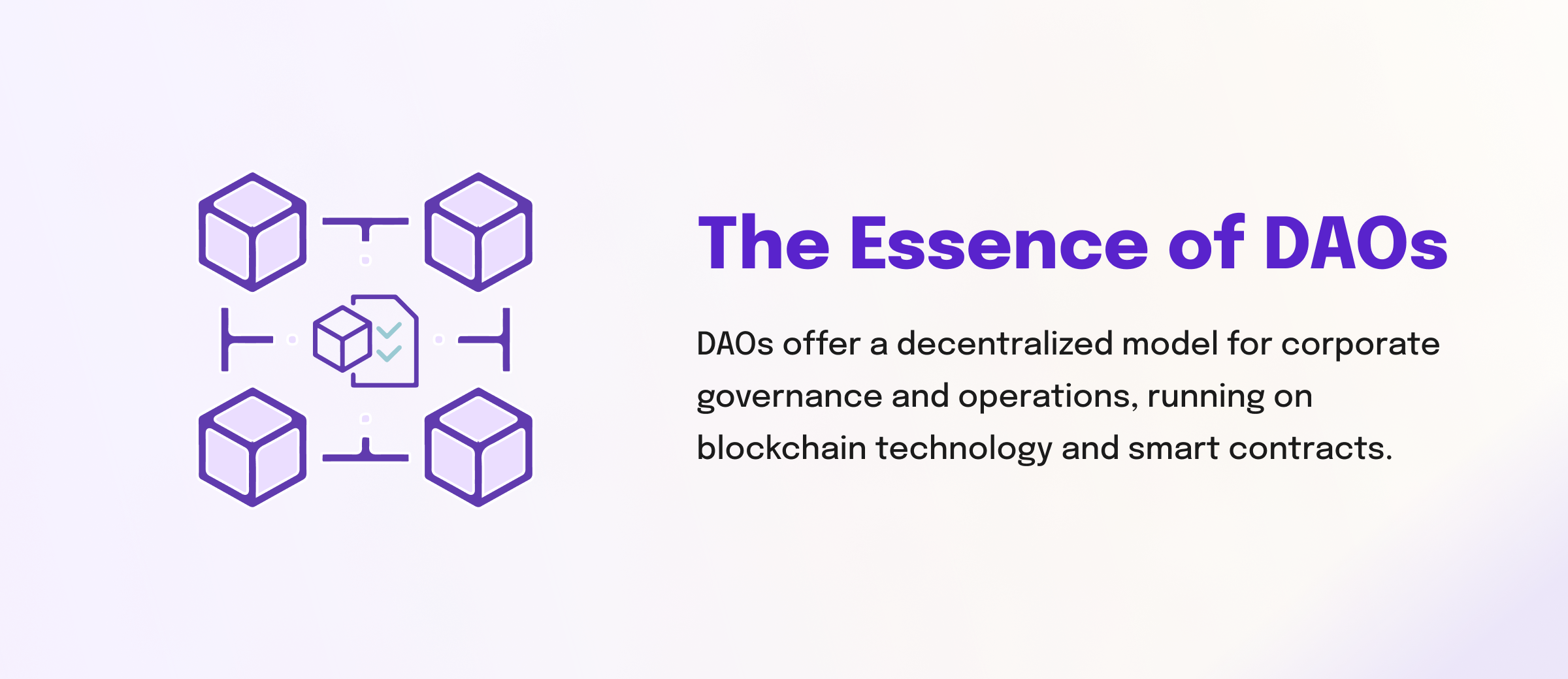
The Current State of DAOs
As of now, DAOs have primarily found their application in the finance sector, particularly within the realm of decentralized finance (DeFi). They manage pooled assets, make investment decisions, and even govern lending protocols without the need for traditional financial intermediaries. The rise of DAOs in the DeFi space has been meteoric, with the total value locked (TVL) in DeFi protocols reaching upwards of $80 billion in 2023, a significant portion of which is governed by DAOs.
DAOs are also making inroads into other areas such as venture capital (e.g., DAOs that collectively decide on startups to invest in), charitable organizations (e.g., DAOs that allocate funds to chosen causes based on member voting), and content creation (e.g., DAOs that fund and govern artistic projects).
Market Insights and Advancements
The growth of DAOs has been supported by advancements in blockchain technology and a growing disillusionment with traditional corporate structures. The transparency and immutability offered by blockchain make DAOs an attractive proposition for those seeking to reduce opacity in organizational decision-making.
However, DAOs are not without their challenges. Regulatory uncertainty looms large, with many jurisdictions still unsure how to classify and govern these entities. Moreover, the technical complexity of setting up and running a DAO, along with security concerns highlighted by notable hacks and exploits, presents hurdles to widespread adoption.
Despite these challenges, the DAO ecosystem continues to evolve, with new tools and platforms making it easier to launch and manage DAOs. Projects like Aragon and DAOstack provide infrastructure and frameworks for DAO creation, while others focus on improving security, usability, and interoperability among DAOs and traditional systems.
The Future of DAOs
Looking ahead, DAOs could redefine not just finance but the very essence of corporate governance and operations across sectors. As technology matures and regulatory frameworks adapt, we may see DAOs expand into mainstream business operations, offering a viable alternative to traditional corporate structures.
Key to this future is the ongoing development of DAO tooling and infrastructure, enhanced security measures, and clearer regulatory guidelines. Moreover, as public understanding of blockchain technology improves, so too will the adoption of DAOs.
The potential for DAOs to support truly global, borderless operations could see them play a key role in the future of work, particularly in a post-pandemic world that values digital-first, decentralized approaches to collaboration and decision-making.
Challenges to Overcome
Despite their potential, DAOs face significant hurdles. The lack of legal recognition for DAOs in many jurisdictions complicates matters such as contract enforcement and liability. Additionally, the decentralized nature of DAOs poses unique challenges in governance, such as ensuring fair representation and preventing manipulation by large stakeholders.
The technical barrier to entry also remains high, with participation in DAOs often requiring a degree of blockchain literacy that can exclude non-technical stakeholders. Addressing these challenges through education, user-friendly tools, and legal innovation will be crucial for the future growth of DAOs.
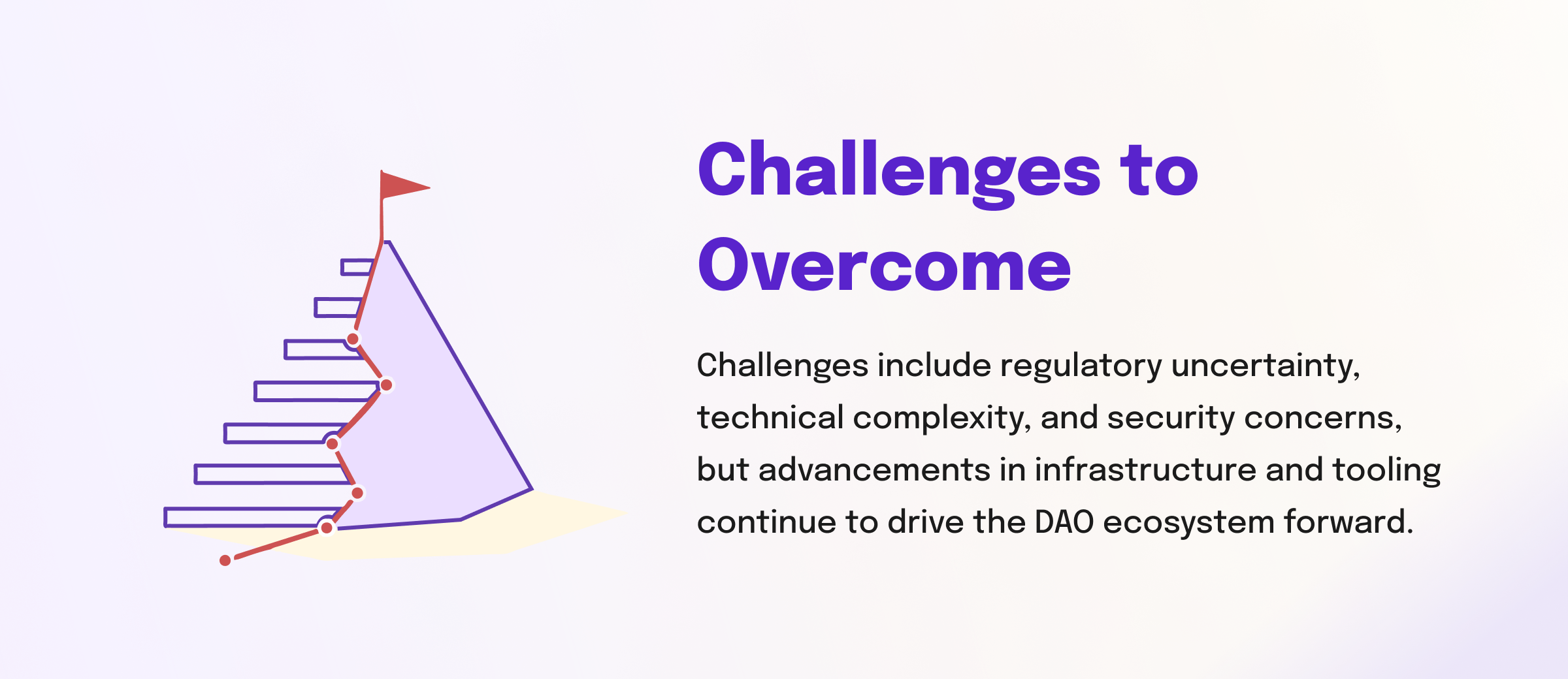
In conclusion, Decentralized Autonomous Organizations stand at the frontier of a new organizational paradigm. By combining the principles of democracy, transparency, and efficiency, DAOs challenge traditional models of corporate governance and offer a glimpse into a future where organizations are more responsive to their stakeholders and less beholden to centralized authorities. As we navigate the complexities of this emerging landscape, the evolution of DAOs will undoubtedly be a fascinating journey to watch, one that could very well shape the future of how we organize, govern, and operate in the digital age.
We can help!
Why Scrum Fits Like A Glove
#Customapplicationdevelopment
Mvps - A Silver Bullet In Software Development
#Customapplicationdevelopment
